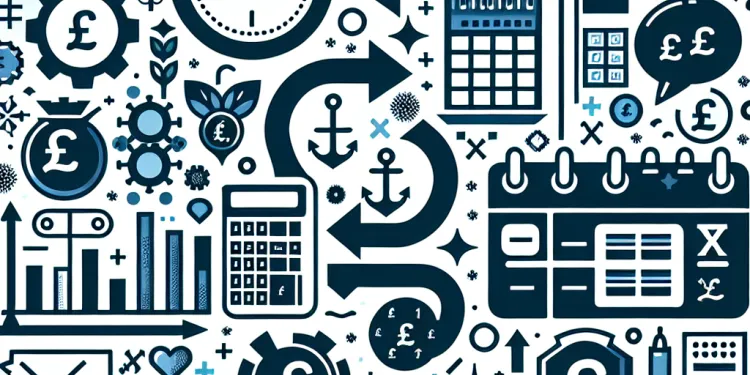
Find A Professional
More Items From Ergsy search
-
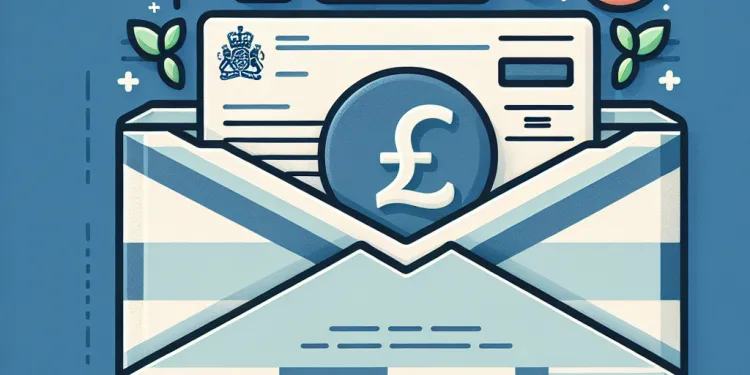
Is the tax refund amount taxable?
Relevance: 100%
-
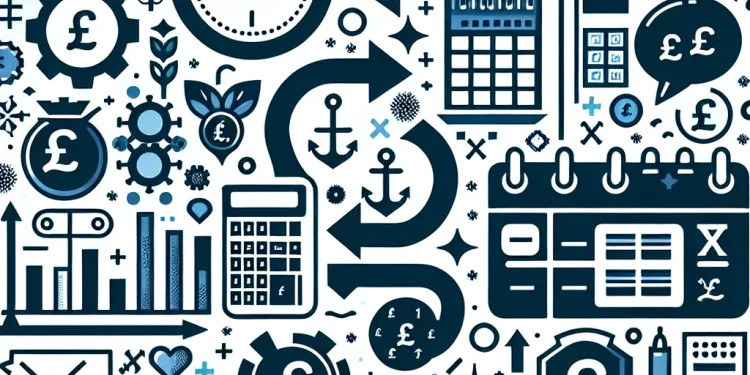
Can my tax refund be applied to my future tax obligations?
Relevance: 96%
-
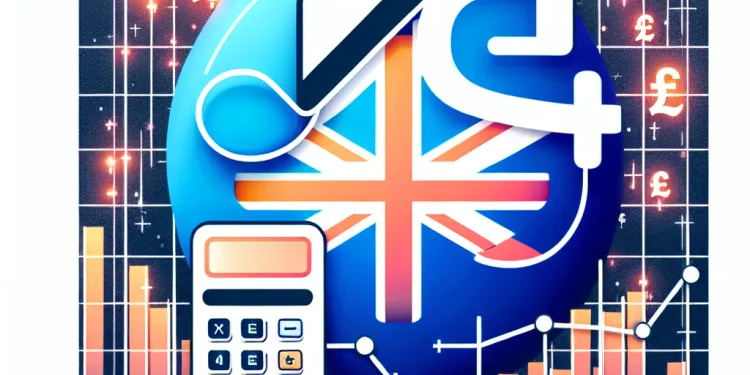
How is the tax refund amount calculated?
Relevance: 87%
-
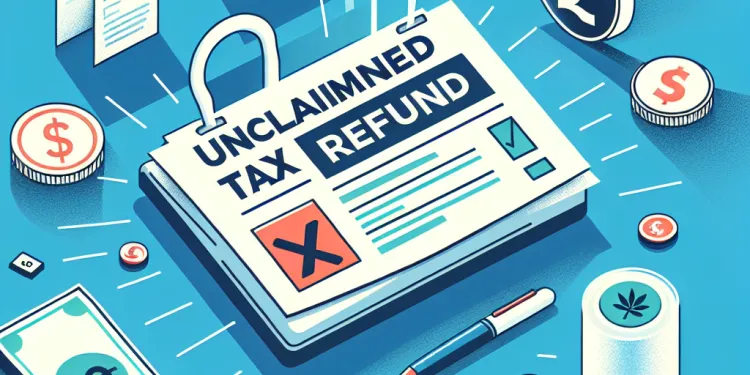
What happens if I do not claim my tax refund?
Relevance: 79%
-
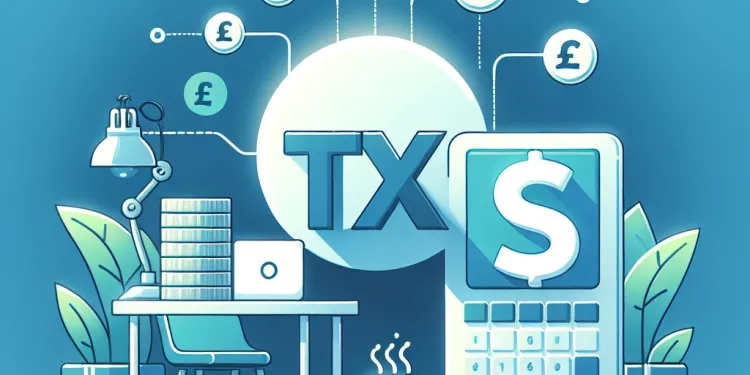
HMRC Tax Refund letters
Relevance: 77%
-
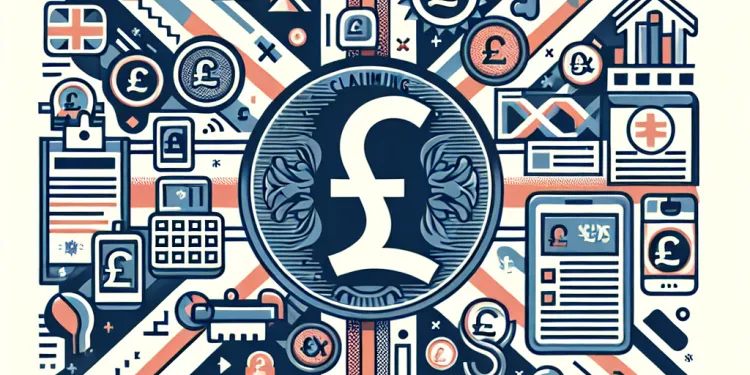
How do I claim my tax refund from HMRC?
Relevance: 74%
-

Why did I receive a tax refund letter from HMRC?
Relevance: 68%
-

Do I need to keep my tax refund letter for future reference?
Relevance: 66%
-

Would a wealth tax replace other taxes in the UK?
Relevance: 63%
-

I received a refund but think I owe tax instead. What should I do?
Relevance: 61%
-

What is an HMRC tax refund letter?
Relevance: 61%
-
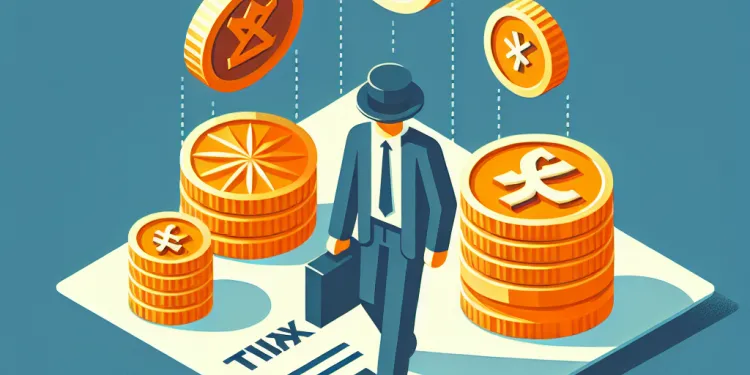
How long does it take to receive a tax refund from HMRC?
Relevance: 60%
-
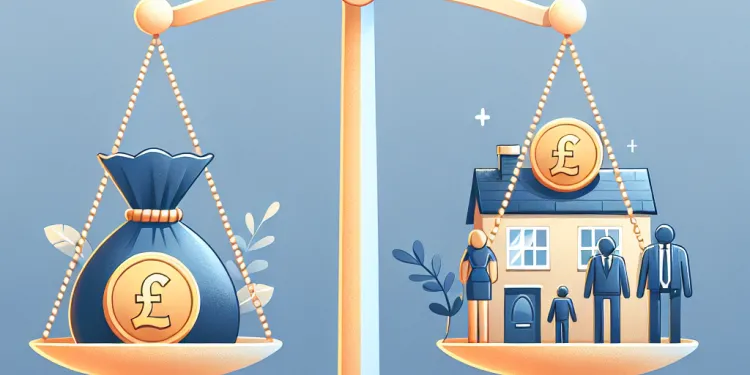
Do unpaid tax debts affect Inheritance Tax calculations?
Relevance: 58%
-

Could a wealth tax encourage tax avoidance?
Relevance: 56%
-

What is the wealth tax in the UK?
Relevance: 55%
-

I received a tax refund letter, but I haven’t overpaid any tax. What should I do?
Relevance: 54%
-
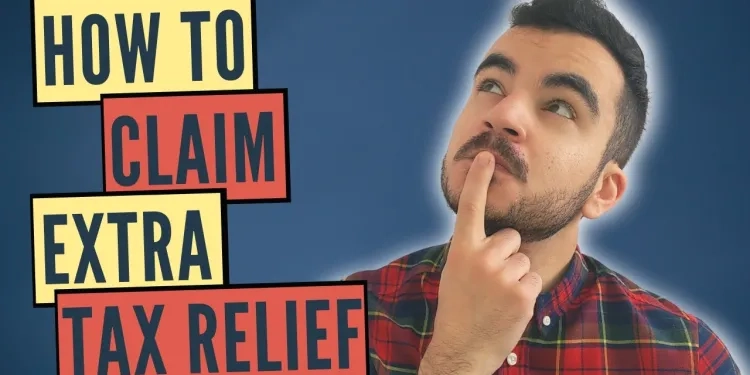
Higher Income Tax - How to Claim Pension Tax Relief | Extra 20% Boost
Relevance: 52%
-

What happens to a deceased’s Income Tax if they were employed?
Relevance: 49%
-

What is the Wealth Tax in the UK?
Relevance: 49%
-
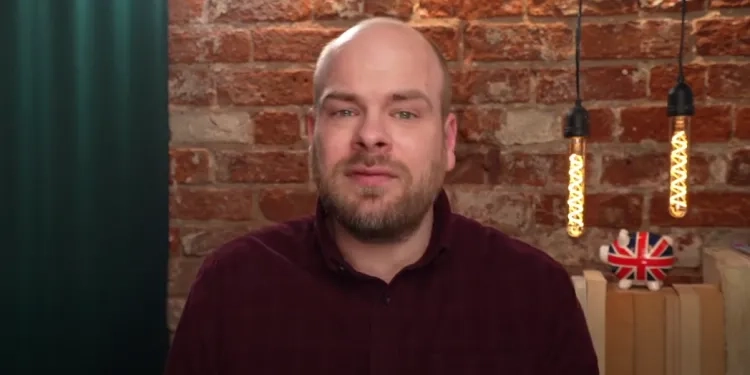
What Happens to Tax Debt After Death? (UK Laws)
Relevance: 49%
-

What is the role of an executor in handling tax debts?
Relevance: 48%
-

Are these grants taxable?
Relevance: 46%
-

Would a wealth tax apply to foreign assets?
Relevance: 45%
-

Can the executor use the deceased's assets to pay tax debts?
Relevance: 45%
-

How do other countries implement a wealth tax?
Relevance: 44%
-

Can I receive my tax refund directly into my bank account?
Relevance: 44%
-

Has any political party in the UK supported a wealth tax?
Relevance: 43%
-

Has the UK ever had a wealth tax?
Relevance: 42%
-
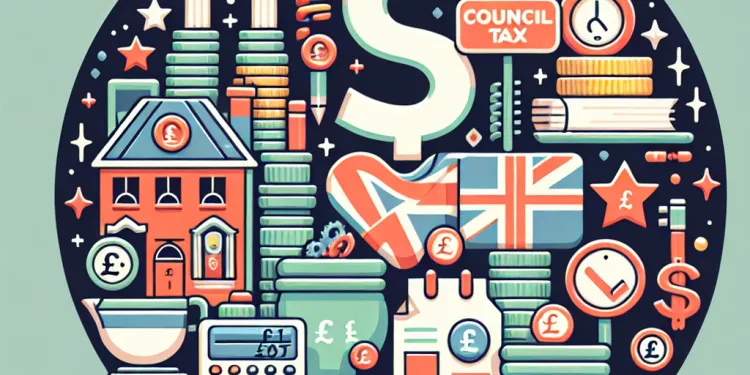
How does council tax relate to wealth in the UK?
Relevance: 42%
-

Why doesn't the UK have a wealth tax?
Relevance: 42%
-

What should I do if I need help managing the tax affairs of the deceased?
Relevance: 42%
-

Could a wealth tax affect economic growth in the UK?
Relevance: 41%
-
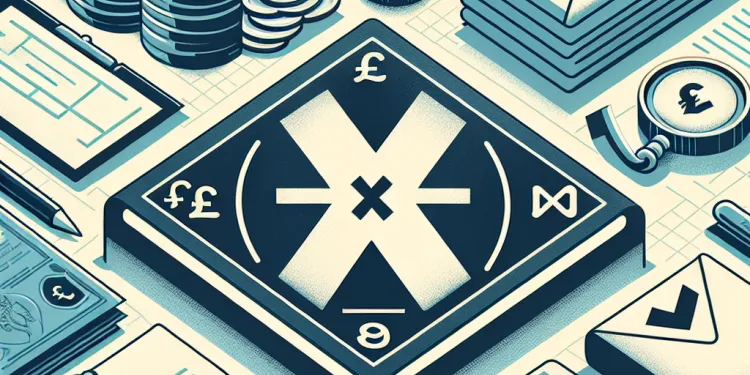
Is it necessary to complete a final tax return for the deceased?
Relevance: 41%
-
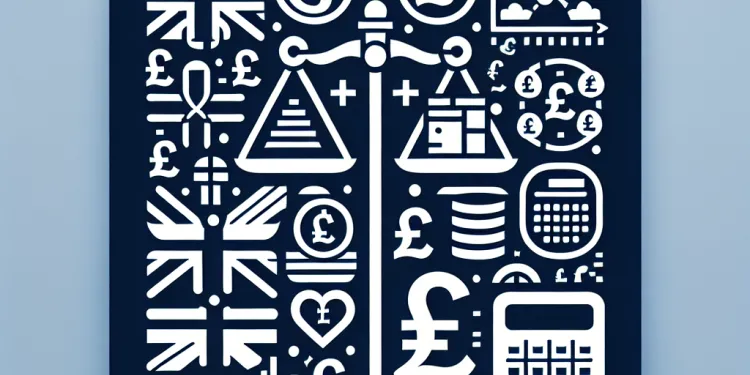
What are the administrative costs of a wealth tax?
Relevance: 40%
-

What taxes need to be paid from the deceased’s estate?
Relevance: 40%
-

Who is responsible for paying the deceased’s tax debts?
Relevance: 40%
-

How might a wealth tax impact inequality in the UK?
Relevance: 38%
-

Will HMRC contact me via phone or email regarding my tax refund?
Relevance: 38%
-
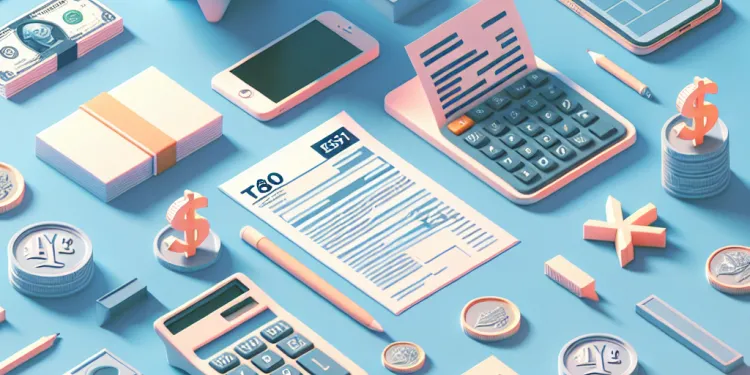
What is a P800 form and how does it relate to my tax refund?
Relevance: 37%
-
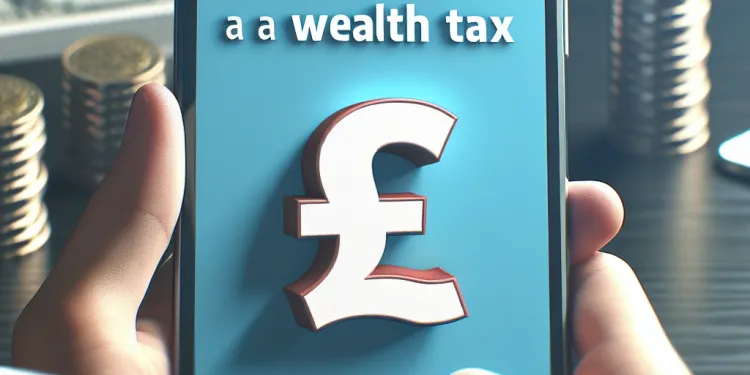
What are the challenges of implementing a wealth tax?
Relevance: 37%
Understanding Tax Refunds in the UK
In the United Kingdom, the tax system allows for the possibility of receiving a tax refund if you have overpaid taxes within a given tax year. This can occur for various reasons, such as changes in income, incorrect tax codes, or deductions that were not accounted for at the time of payment. HM Revenue and Customs (HMRC) is responsible for processing tax refunds and ensuring that any overpayments are returned to the taxpayer.
Applying Tax Refunds to Future Obligations
One question that frequently arises is whether a taxpayer can apply a tax refund to future tax obligations. In general, HMRC does not automatically apply tax refunds to future tax bills. Instead, taxpayers receive their refund directly, unless they have existing tax debts. However, there are specific scenarios where refunds can be used to offset future obligations, although these require proactive arrangements.
Offsetting Refunds Against Existing Debts
If you have outstanding tax debts from previous years, HMRC can use your tax refund to offset those debts. This means that instead of receiving a cash refund, the amount you owe will be reduced by the amount of the refund. It's important to note that HMRC will only do this if you owe taxes. Any remaining balance after settling your debts will be refunded to you.
Requesting Advance Payments for Future Tax Liabilities
While HMRC typically issues refunds directly, you may have the option to proactively use your refund to cover future payments. This involves contacting HMRC and making specific arrangements. By discussing your situation with HMRC, you can explore options such as making advance payments or adjusting your payment schedule to utilize your refund effectively. This approach can be particularly useful for taxpayers who prefer prepaying to avoid large bills later.
Self-Assessment and Future Tax Planning
Individuals who file self-assessment tax returns may be able to account for future tax obligations by adjusting their payment strategies. For instance, if you believe your tax liability will be similar in the upcoming year, you might choose to increase payments on account, effectively using your refund to offset expected taxes. Regularly reviewing financial plans and expected incomes can help ensure that adequate amounts are set aside.
Conclusion
While HMRC does not automatically apply tax refunds to future tax obligations, there are ways to manage and apply refunds proactively. It's important to stay informed about your tax situation and regularly communicate with HMRC to optimize the handling of any refunds. Whether you have existing debts or wish to plan for future liabilities, taking a proactive approach to tax management can simplify the process and potentially ease financial stress.
Understanding Tax Refunds in the UK
In the UK, sometimes people get money back from taxes. This happens if you paid too much tax in a year. It can happen for different reasons, like changes in how much you earn or mistakes in tax codes. The government office, HM Revenue and Customs (HMRC), gives back the extra money you paid.
Using Tax Refunds for Future Taxes
People often ask if they can use their tax refund to pay for future taxes. Usually, HMRC gives your refund back to you. They don't use it for future taxes unless you owe tax already. But in some cases, you can make a plan with HMRC to use your refund for future taxes.
Paying Off Old Tax Debts with Refunds
If you owe tax from before, HMRC can use your refund to pay what you owe. This means you won’t get the refund in cash, but your debt will be smaller. HMRC does this only if you owe tax. If there's any money left after they pay off your debt, that money will be sent to you.
Using Refunds for Future Tax Payments
Even though HMRC usually gives refunds directly, you can ask to use your refund for future taxes. You need to talk to HMRC and make a plan. By doing this, you can pay early and avoid big bills later. This is helpful for people who want to be ahead with their payments.
Planning for Future Taxes
If you do self-assessment tax returns, you can plan for future taxes. You can decide to pay more now if you think you'll owe the same next year. This way, you use your refund to cover what you will owe. Checking your finances often helps you save the right amount.
Conclusion
HMRC usually does not use refunds for future taxes on its own, but you can make a plan. It's good to know about your taxes and talk to HMRC to make the best use of your refunds. Whether paying debts or planning for future taxes, being proactive helps make things easier.
Frequently Asked Questions
Can my tax refund be applied to my future tax obligations?
Yes, you can elect to apply your IRS tax refund to your future tax obligations for the next year by selecting the option on your tax return.
How do I apply my tax refund to my future tax obligations?
You can apply your refund to future tax obligations by indicating this choice on your tax return when you file.
Will applying my tax refund to future taxes affect my current refund?
Yes, if you choose to apply your refund to future taxes, it will reduce the amount of refund you receive now.
Is it possible to only apply part of my tax refund to future obligations?
Yes, you can choose to apply all or only part of your tax refund to next year's taxes.
Why would someone choose to apply their tax refund to future obligations?
Applying your refund to future taxes can help ensure you don't owe additional taxes next year or assist with estimated tax payments.
When can I decide to apply my tax refund to future tax obligations?
You must make the decision to apply your tax refund to future obligations when you file your tax return.
Can I change my mind after electing to apply my tax refund to future taxes?
Once the IRS has processed your election to apply your refund to future taxes, it typically cannot be changed.
Does applying my refund to future taxes impact my state tax refund?
Applying your federal refund to future obligations doesn't affect state refunds, unless you make a similar election on your state return.
Do I have to apply my entire refund, or can I just apply a portion of it?
You can choose the amount you wish to apply to future obligations, whether it's your entire refund or just part of it.
Is there a deadline to apply my tax refund to next year's obligations?
The deadline to elect applying your refund to future taxes is the filing deadline for your tax return, typically April 15.
How will I know how much of my refund has been applied to future taxes?
The amount applied will be indicated on your tax return and also reflected in your IRS account.
Can I apply my tax refund to estimated taxes for next year?
Yes, applying your refund to future tax obligations can include estimated taxes for the next year.
Does applying my refund to future obligations affect my tax liability?
While it reduces your immediate refund, it will be credited towards your tax liability for the next year.
How do I indicate that I want to apply my refund to next year's taxes?
You can specify on your tax return that you wish to apply your refund towards next year's taxes, usually in the refund section.
Do all tax software programs offer the option to apply my refund to future taxes?
Most tax software programs offer the option to apply refunds to future tax obligations as part of their filing process.
If I apply my tax refund to future taxes, how will it be used?
The IRS will hold that amount and apply it to your tax obligations in the following tax year, which may include your estimated taxes due.
What forms do I need to fill out to apply my refund to future obligations?
There is no separate form; you simply make the election on your main tax return, such as Form 1040.
Can I apply my refund to both federal and state future tax obligations?
Applying your federal refund to future obligations is made on the federal return; you must separately elect this on your state return for state taxes.
Are there any fees for applying my refund to next year’s taxes?
No, there are no fees for electing to apply your tax refund to future obligations.
What if I applied too much of my refund and don't owe that much in taxes next year?
If you applied more than your tax liability, the excess amount can be refunded or used for future tax obligations.
Can I use my tax refund to pay next year's taxes?
Yes, you can choose to use your tax refund from the IRS to pay for your taxes next year. Just pick this option when you fill out your tax forms.
How can I use my tax refund for my future taxes?
If you get money back from your taxes, you can use it to pay for next year's taxes.
Here’s how you can do it:
- Tell the tax office what you want. You can do this by filling out a form when you do your taxes.
- This form lets the tax office know you want to save your refund for next time.
It's a good idea to ask a family member or friend for help if you find this hard.
You can also use tools like voice reading apps or step-by-step guides to make it easier.
You can use your refund to pay for taxes later. Just tell them you want to do this when you fill out your tax form.
If I use my tax refund for next year's taxes, will it change my refund now?
Yes, if you want to use your refund for future taxes, you will get less refund money now.
Can I use only some of my tax refund for next year's taxes?
If you get money back from taxes, you might wonder if you can save part of it for next year. Yes, you can! You can choose to use some of your refund for taxes next year. This means you use less money now, but you might have to pay less tax later.
Here are some tools to help:
- Use a calendar to plan when you'll need the money.
- Ask someone you trust for advice, like a family member or a friend.
Yes, you can use all or some of your tax refund to pay for next year's taxes.
Why use your tax refund for future bills?
Some people might want to use their tax refund to pay bills they will have later. This can help them feel less worried about money in the future.
If you want to do this, here are some things that can help:
- Make a list of future bills. Write down what you need to pay and when.
- Use a calendar or app to remind you of when the bills are due.
- Ask someone to help you plan. A family member or friend can be a good helper.
Using your refund for next year's taxes can stop you from owing money later. It can also help with paying estimated taxes.
Can I use my tax refund for next year's taxes?
When you do your taxes, you can choose to use your money from the tax return for next time you need to pay.
Can I change my mind after I decide to use my tax refund for future taxes?
If you choose to use your tax refund for future taxes, you might wonder if you can change your decision later. Here's what you need to know:
Yes, you can change your mind! But you must do it before the deadline. Deadlines are important.
To help, use a calendar to mark important dates. This way, you won't forget!
If you need help, ask a friend or a family member. They can talk it through with you.
You can use a computer, phone, or paper to keep track of your choices. They all work well!
Remember: It's okay to ask questions if you're not sure.
When the IRS gets your choice to use your refund for future taxes, you usually can't change it.
Will using my tax refund for next year's taxes change my state tax money back?
Using your federal tax refund for future taxes doesn't change your state tax refund, unless you choose the same option for your state taxes.
Can I use all my refund, or just some of it?
You can choose to use all of your refund or only part of it. It's up to you.
Here are some tips to help you:
- Ask a friend or family member if you need help deciding.
- Use a calculator to see how much you can use.
You can decide how much of your money to use for future things you need to pay for. You can use all of your refund, or just some of it, to help pay.
When do I need to use my tax refund for next year's taxes?
You need to decide to use your refund for future taxes by the same day you have to send in your tax return. This is usually on April 15.
Here are some tips to help:
- Mark April 15 on your calendar so you remember this date.
- Ask an adult for help if you are unsure.
- Use a reminder app to alert you before the deadline.
How can I find out how much of my refund goes to future taxes?
The amount you need to pay will be shown on your tax form. It will also be in your IRS account.
Can I use my tax refund to pay for next year's taxes?
Yes, you can use your refund to help pay taxes you owe next year. This can include taxes you think you will owe.
Will using my refund for future taxes change what I owe?
It might make your refund smaller right now, but it will help with your taxes next year.
How do I use my refund for next year's taxes?
You can let the tax office know you want to use your refund for next year's taxes. You do this in the refund part of your tax form.
Can all tax programs save my refund for next year's taxes?
Maybe you need some help to read this. You can ask someone to read it to you or use a text-to-speech tool. Look for simple words and short sentences. It's okay to ask questions if you are not sure about the meaning.
Most tax software lets you use your refund to pay for taxes next year. You can choose this when you file your taxes.
What happens if I use my tax refund on next year's taxes?
The IRS will keep that money. They will use it to pay your taxes next year. This might help with your estimated taxes.
What papers do I need to fill in to use my refund for future bills?
You do not need a special form. Just make the choice on your main tax paper, like Form 1040.
Can I use my refund for future federal and state taxes?
If you get a tax refund, you might want to use it to pay taxes later. You can choose to use your refund for future federal and state taxes.
Helpful tips:
- Ask someone you trust for advice about taxes.
- Use a calculator to help with numbers.
- Look for websites or apps that make taxes easier to understand.
When you get a refund from the government, you can use it to pay your taxes next time. To do this for federal (big country) taxes, you need to say so on your federal tax form. If you want to use your refund for state (where you live) taxes, you need to do that on a separate state tax form.
To help you understand taxes better, you can use tools like tax calculator apps or get help from a friendly adult.
Do I have to pay to use my refund for next year’s taxes?
No, it does not cost any money to use your tax refund to help pay for future taxes.
What happens if I used too much of my refund for next year's taxes?
Don't worry! Here's what you can do:
1. Check your tax info: See how much you owe for next year.
2. Adjust your payment: If you used too much of your refund, you might get some back.
3. Ask for help: Talk to a tax expert or use online tax tools to help you.
If you paid more tax than you needed to, you can get the extra money back or use it for future taxes.
Useful Links
- Ergsy carfully checks the information in the videos we provide here.
- Videos shown by Youtube after a video has completed, have NOT been reviewed by ERGSY.
- To view, click the arrow in centre of video.
- Most of the videos you find here will have subtitles and/or closed captions available.
- You may need to turn these on, and choose your preferred language.
- Go to the video you'd like to watch.
- If closed captions (CC) are available, settings will be visible on the bottom right of the video player.
- To turn on Captions, click settings .
- To turn off Captions, click settings again.
More Items From Ergsy search
-

Is the tax refund amount taxable?
Relevance: 100%
-

Can my tax refund be applied to my future tax obligations?
Relevance: 96%
-

How is the tax refund amount calculated?
Relevance: 87%
-

What happens if I do not claim my tax refund?
Relevance: 79%
-

HMRC Tax Refund letters
Relevance: 77%
-

How do I claim my tax refund from HMRC?
Relevance: 74%
-

Why did I receive a tax refund letter from HMRC?
Relevance: 68%
-

Do I need to keep my tax refund letter for future reference?
Relevance: 66%
-

Would a wealth tax replace other taxes in the UK?
Relevance: 63%
-

I received a refund but think I owe tax instead. What should I do?
Relevance: 61%
-

What is an HMRC tax refund letter?
Relevance: 61%
-

How long does it take to receive a tax refund from HMRC?
Relevance: 60%
-

Do unpaid tax debts affect Inheritance Tax calculations?
Relevance: 58%
-

Could a wealth tax encourage tax avoidance?
Relevance: 56%
-

What is the wealth tax in the UK?
Relevance: 55%
-

I received a tax refund letter, but I haven’t overpaid any tax. What should I do?
Relevance: 54%
-

Higher Income Tax - How to Claim Pension Tax Relief | Extra 20% Boost
Relevance: 52%
-

What happens to a deceased’s Income Tax if they were employed?
Relevance: 49%
-

What is the Wealth Tax in the UK?
Relevance: 49%
-

What Happens to Tax Debt After Death? (UK Laws)
Relevance: 49%
-

What is the role of an executor in handling tax debts?
Relevance: 48%
-

Are these grants taxable?
Relevance: 46%
-

Would a wealth tax apply to foreign assets?
Relevance: 45%
-

Can the executor use the deceased's assets to pay tax debts?
Relevance: 45%
-

How do other countries implement a wealth tax?
Relevance: 44%
-

Can I receive my tax refund directly into my bank account?
Relevance: 44%
-

Has any political party in the UK supported a wealth tax?
Relevance: 43%
-

Has the UK ever had a wealth tax?
Relevance: 42%
-

How does council tax relate to wealth in the UK?
Relevance: 42%
-

Why doesn't the UK have a wealth tax?
Relevance: 42%
-

What should I do if I need help managing the tax affairs of the deceased?
Relevance: 42%
-

Could a wealth tax affect economic growth in the UK?
Relevance: 41%
-

Is it necessary to complete a final tax return for the deceased?
Relevance: 41%
-

What are the administrative costs of a wealth tax?
Relevance: 40%
-

What taxes need to be paid from the deceased’s estate?
Relevance: 40%
-

Who is responsible for paying the deceased’s tax debts?
Relevance: 40%
-

How might a wealth tax impact inequality in the UK?
Relevance: 38%
-

Will HMRC contact me via phone or email regarding my tax refund?
Relevance: 38%
-

What is a P800 form and how does it relate to my tax refund?
Relevance: 37%
-

What are the challenges of implementing a wealth tax?
Relevance: 37%